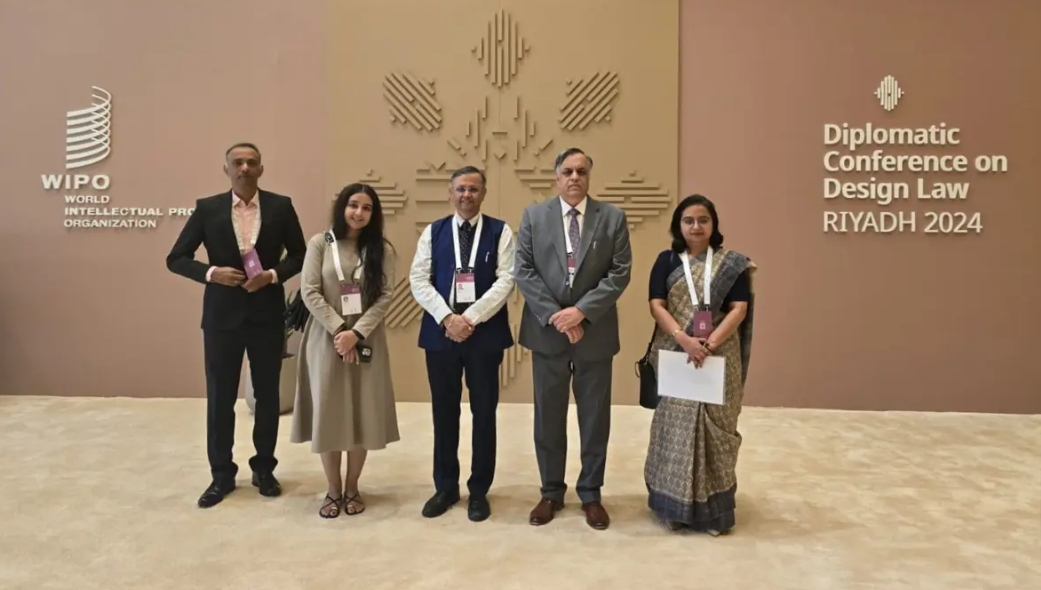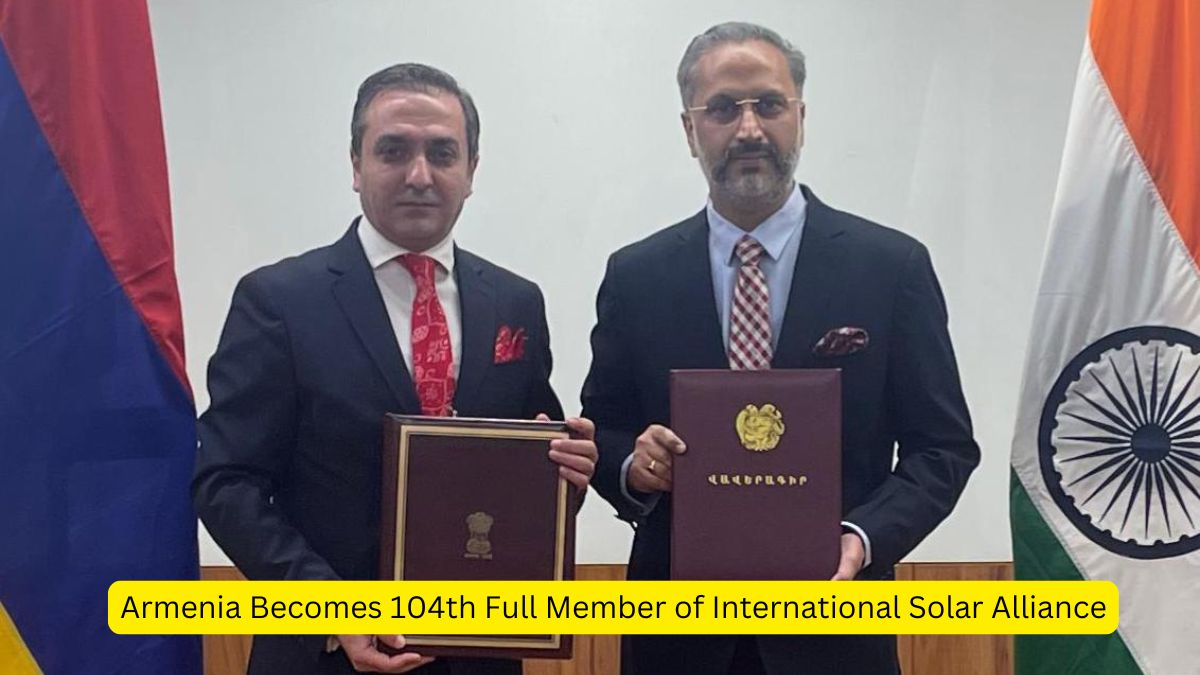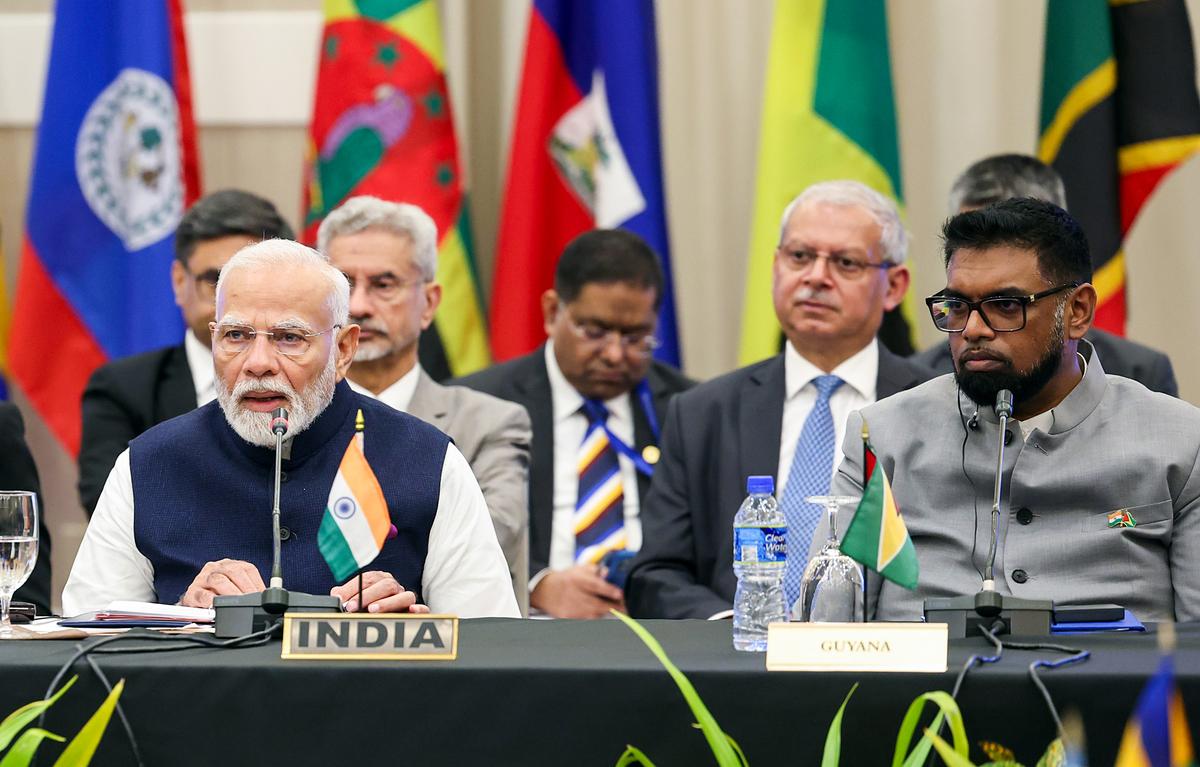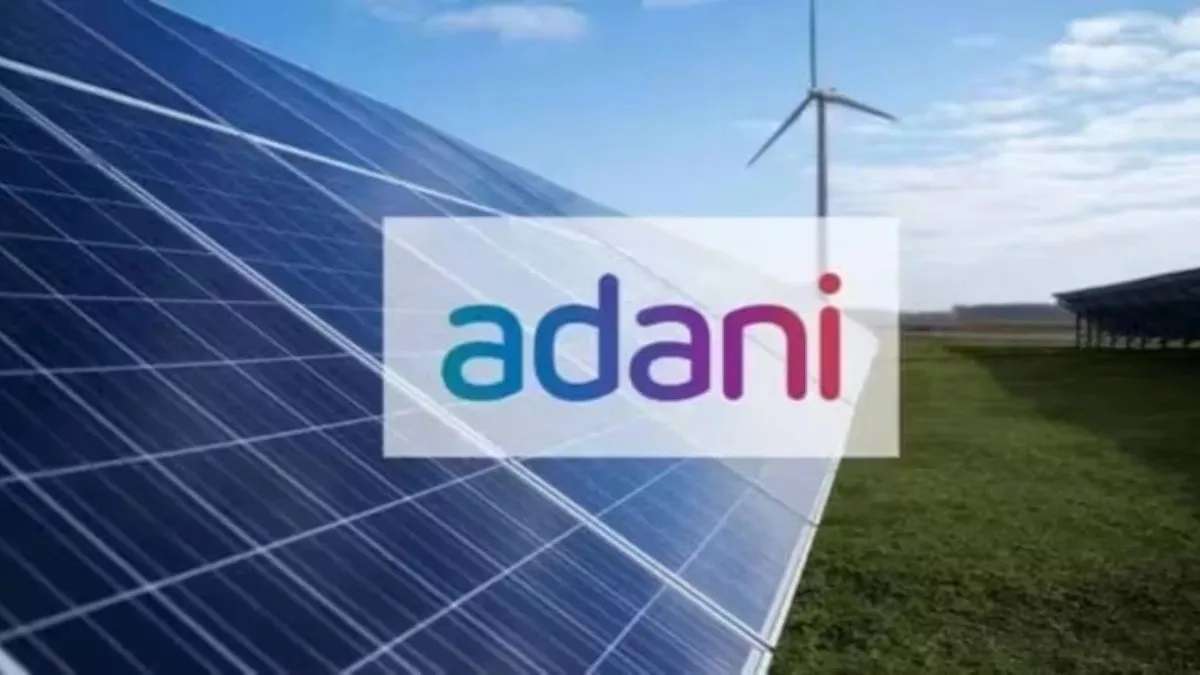
The New Global Collective Quantified Goal (NCQG) based on climate finance has emerged as a key issue under discussion in current climate change talks. This goal’s purpose is to leverage funds from developed countries to ensure developing countries downscale on the use of fossil energy and greenhouse gas emissions. It elaborates on the earlier commitment of $100 billion a year made by the developed countries which has been heavily acclaimed for lacking both ambition and implementation. The NCQG framework aims at creating a new and challenging and more reliable system that can address the increasing financial demands of climate-affected countries. However, the negotiations are based on disputes of the shares of the funds, where LDCs and SIDS especially prefer large proportions since they are most affected by climate change.
Challenges in Fund Allocation
Another contentious issue in the NCQG negotiations is how large and what type of funding will be provided. Developing nations are categorically denying the assertion by the developed countries that mobilized $115 billion of climate finance for year 2021-22 asserting that only $ 20 billion out of the total funding was public finance. The rest is private investment which most of the time are financially minded and seldom consider the weak climate resilience situations. In this regards Third World nations have demanded to make the NCQG center of exclusively grants and concessional loans and that such funds should directly support their transition process. There is also a call for transparent spending as earlier commitments could not adequately and fairly target the most vulnerable countries in terms of climate impact.
This work also opens up questions on how these moments are produced and by whom, beyond the ease with which we may identify moments that ‘matter,’ and thereby underscores broader possibilities and processes for climate action on the world stage.
The elements of the NCQG negotiations discussed here raise the issue of the developed countries and the developing ones regarding climate change. The emphasis of developed countries towards progress in climate finance mobilization is insufficient, but the demand of trillions of dollar by developing nations show insufficiency of current efforts. Failure to address them may slow world’s advance towards the Paris Agreement targets.
Relevance for Exams
Especially in case of the SSC and UPSC exams, this list of acronym is crucial to partially outline the global agreements, sustainable development and climate justice for the students. It is a good example of how the world can work together and how some of the main issues in environmental management are solved, and relationship between economics and environmental conservation.
Chat With Us


 High Seas Treaty UNCLOS Milestone Marine Conservation
High Seas Treaty UNCLOS Milestone Marine Conservation India Signs Riyadh Design Law Treaty IPR
India Signs Riyadh Design Law Treaty IPR Global Action Against Plastic Pollution Treaty 2025
Global Action Against Plastic Pollution Treaty 2025 India At COP29 2024 Climate Action Global Sustainability
India At COP29 2024 Climate Action Global Sustainability Armenia Joins International Solar Alliance as 104th Member
Armenia Joins International Solar Alliance as 104th Member India Caricom Summit Strengthening Ties Global Cooperation
India Caricom Summit Strengthening Ties Global Cooperation Adani Group Legal Issues Bribery Fraud Global Impact
Adani Group Legal Issues Bribery Fraud Global Impact Children facing environmental challenges global crisis
Children facing environmental challenges global crisis Donald Trump high Traffics on Chinese Imports
Donald Trump high Traffics on Chinese Imports






